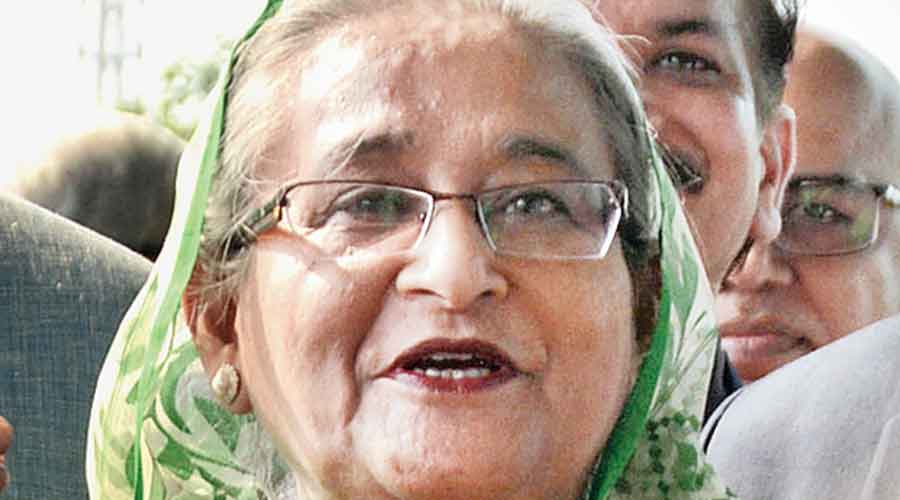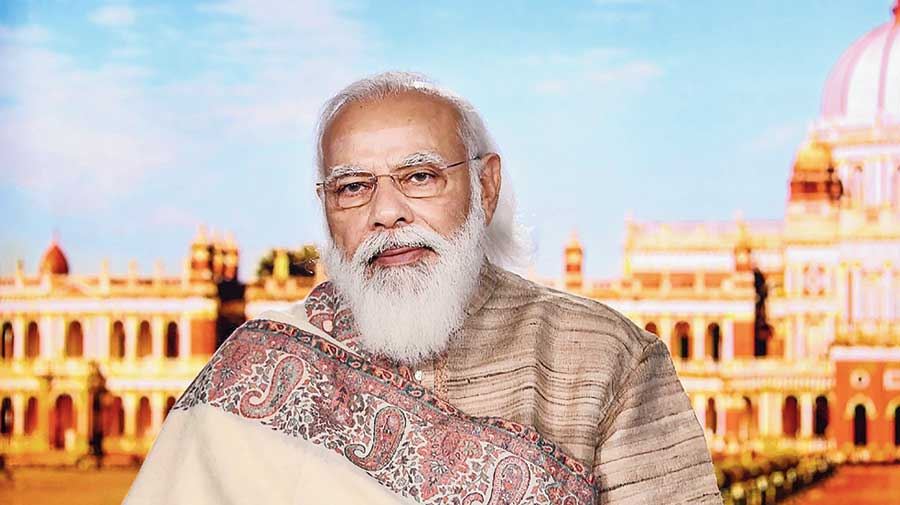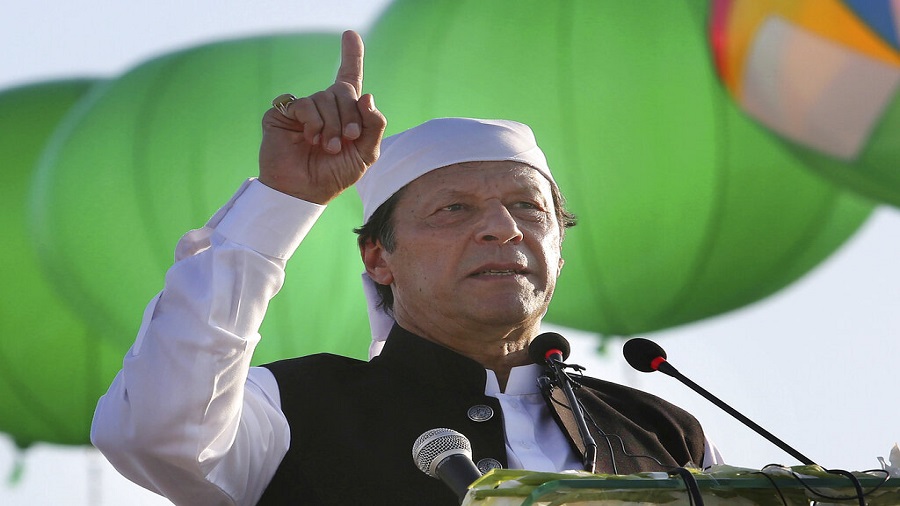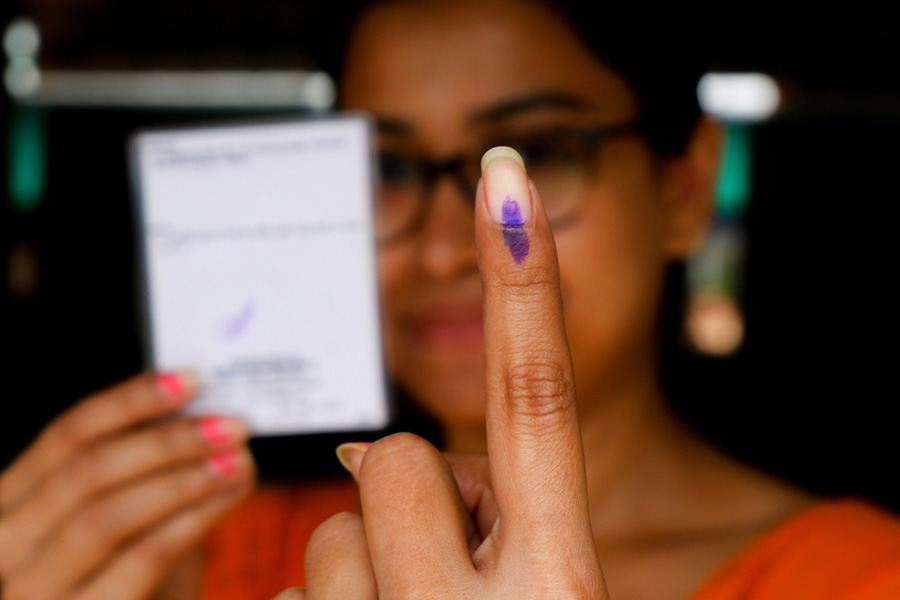The promised Teesta waters haven’t flown in from India and now the vaccine supply has hit a sudden pause. But Bangladesh Prime Minister Sheikh Hasina has not just preserved her diplomatic tact but added flavour to it.
Around 3,000kg Hanribhanga mangoes from Rangpur, the home district of Hasina’s in-laws, will be shipped to India through the Benapole-Petrapole (Bengal), Akhaura (Tripura) and Tamabil-Dawki (Meghalaya) land ports on Sunday.
The list of recipients will include President Ram Nath Kovind, Prime Minister Narendra Modi and chief ministers Mamata Banerjee, Biplab Kumar Deb and Conrad Sangma of Bengal, Tripura and Meghalaya.
“The Prime Minister is herself very fond of this variety of mango, which is not available in India,” a source in the Bangladesh Premier’s office said.
“She is sending these tasty fruits to Indian leaders as a goodwill gesture; so please don’t bring international diplomacy into it.”
The exchange of domestic delicacies between national leaders is an old diplomatic tradition in South Asia. However, the timing of the latest gifts from Dhaka appears remarkable given the current mood in Bangladesh, which has had to halt giving the first dose of the vaccine from April 25 because of a squeeze on supplies from India.
The Hasina government had begun its inoculation drive on February 7 with supplies of the Oxford-AstraZeneca vaccine from the Serum Institute of India, reposing its faith in New Delhi and abandoning a plan to let China conduct the final trial of a vaccine in Bangladesh.
Although the Serum Institute had signed a commercial deal last November with Bangladeshi pharmaceutical company Beximco for the supply of 30 million doses, Dhaka has so far received only around 12 million doses, of which 2 million were a gift.
The Serum Institute’s inability to deliver on the deal — thanks to the Modi government’s restrictions on vaccine imports following the second Covid wave in India —threw Bangladesh’s vaccination drive haywire. The Hasina government came under fire at home for not having a Plan B.
“China had sent 2,100 doses of Sinovac for the final phase of the trial. Our government, however, opted for the Indian vaccine and said ‘no’ to the Chinese trial after a visit by Indian foreign secretary Harsh Vardhan Shringla last July,” a source in the ruling Awami League said.
“There is genuine anger against India as we had opted for the Indian vaccine but are not receiving supplies.”
Another source in the Bangladesh health establishment said that over 1.6 million people in the country were waiting for their second jab of the Oxford-AstraZeneca vaccine.
“This is similar to what we had to face over the Teesta water-sharing agreement, which has been hanging fire for around a decade. But our Prime Minister has not lost patience,” the source said.
Given the anti-India sentiments among many Bangladeshis and New Delhi’s vaccine flip-flop, Hasina’s gesture of sending over the best variety of mangoes is likely to attract criticism in her country.
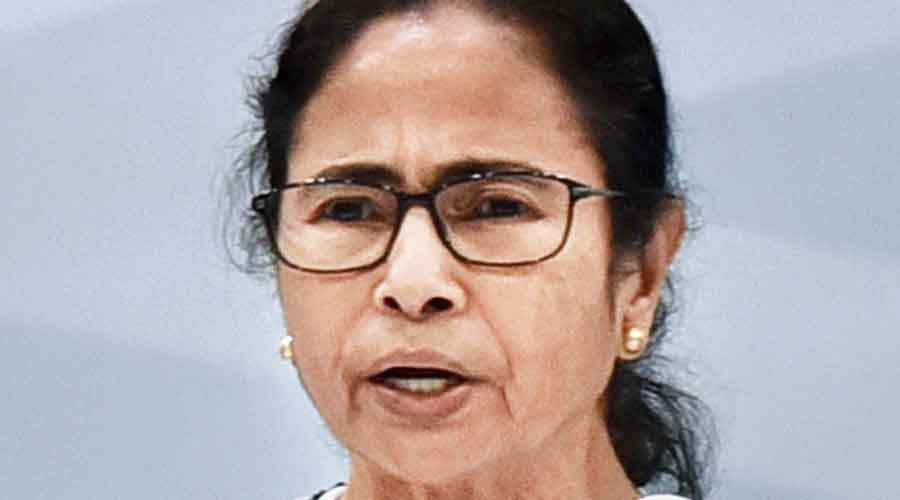
Mamata Telegraph picture
But Hasina, who had had six officers from the foreign ministry sent to Rangpur to ensure proper plucking and packaging of the fruits, publicly absolved India on Saturday.
“Bangladesh has attempted to obtain vaccines since the start of research on the disease,” she said at a parliamentary session where some Opposition members had asked why the vaccination drive had stayed suspended for over two months.
“Our vaccination campaign faced a roadblock after a deal to procure doses from India fell through because of a massive spike in cases there. But what will they do?”
Hasina has been tactful on the Teesta waters, too, never expressing anger at India for its failure to fulfil its commitment.
On Saturday, she announced that Bangladesh had received 2.5 million doses of the Moderna vaccine from the US under the Covax initiative and 2 million doses of China’s Sinopharm since Friday night.
“We are in contact with other vaccine-producing countries and companies…. We are in contact with China, Russia, the US, Japan and other countries. We will buy them wherever we can, as our goal is to vaccinate 80 per cent of Bangladesh’s population free of cost,” she told Parliament.
Although Hasina refrained from blaming India, she obliquely alluded to the impact the stoppage of vaccine supplies from the neighbour had had on Bangladesh’s exchequer.
“We would have to spend a substantial extra sum now as we have to procure vaccines from different parts of the world,” she said.
“We were buying at $5 to $6 a dose before, but now we would have to spend $20 per dose. But money won’t be a problem as we have set aside sufficient funds for the vaccination drive.”

